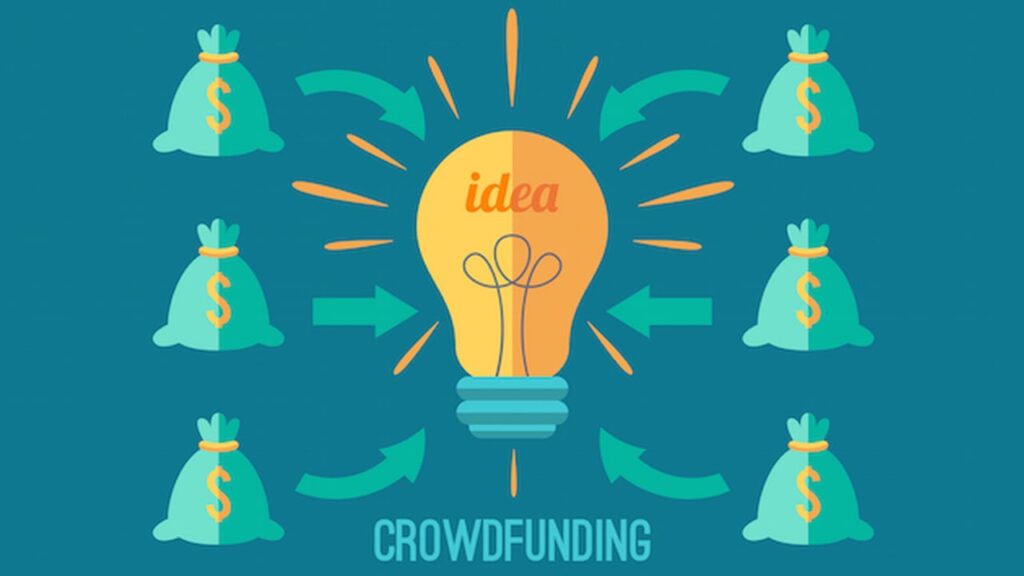You’ve probably at least heard about crowdfunding or crowdsourcing even if you’re not exactly sure what it is or how it works. Crowdfunding is a relatively new alternative financing method for startup businesses, saviors for old businesses and methods of funding families that have suffered tragic events. All of its uses are yet unclear as the method becomes more and more mainstream.
As a non-profit, you are most likely wondering how you can use it for your organization. According to nonprofithub.org, “The fact is, crowdfunding is making headway in non-profits and a powerful way to generate donations. Organizations that know how to implement a crowdfunding campaign that aligns with their organization’s mission have realized incredible results.” However, as the article emphasizes, “The first mistake many non-profits make is expecting that just because you create a campaign you can sit back and watch the donations pour in. Not true.” (www.nonprofithub.org)
I’m sharing with you the 3 most common mistakes non-profits make according to nonprofithub.org. These mistakes are consistent with I’ve discovered in my work with non-profits as well, which is why I am comfortable sharing this information.
Mistake 1: No Clear Goals
Nonprofits that are new to crowdfunding can sometimes get caught up in magical thinking and believe that they will raise millions of dollars in just a few hours or days. Although there are always exceptions, this probably won’t happen and the last thing you want to do is set false expectations for the organization and donors. Stay grounded in your planning by taking the time to estimate a reasonable goal at the onset.
Similarly, if all you tell donors is that you want money, they are unlikely to provide the level of resources that you are seeking. Instead, state a clear monetary goal, a clear time frame for achieving that goal and the specific items or projects that the funds will go to support.
Mistake 2: Failing to Rally the Troops
Setting up a crowdfunding campaign couldn’t be simpler, but as I mentioned earlier, it is by no means a set it and forget it project. Nonprofits that create campaigns and expect donors to miraculously start giving are setting themselves up for failure and disappointment. Crowdfunding works very much like traditional social networking and requires constant engagement with your network.
Start marketing the campaign to your top supporters far in advance of the launch using your organization’s newsletters, email communications and social networking sites. You want to recruit this group to help you get the word out. Additionally, many crowdfunding sites, like Fundly.com, allow you to include photos, videos and other interactive slideshows to help get your donors pumped to be a part of the campaign.
Mistake 3: Being Shy With Social Media
Studies show that sharing a crowdfunding campaign on Facebook increases donations by 350%. Because crowdfunding and social networking are very closely tied, this is no time to be shy. It’s almost impossible to conduct a successful crowdfunding campaign without using social media. Create a social media plan that includes regular interactions with followers. Some organizations run contests each hour to give donors an incentive to give sooner rather than later.
If you’ve tried crowdfunding but your campaign fell flat, review what worked and what didn’t, incorporate changes and try again. When you get it right, it will be a beautiful thing. (www.nonprofithub.org)
Given below is a list of a few popular crowdfunding sites/platforms for nonprofits:
Crowdfunding is an area that fascinates me and I am learning more about it. As I acquire more knowledge, I’ll share it with you in my blogs and articles.


